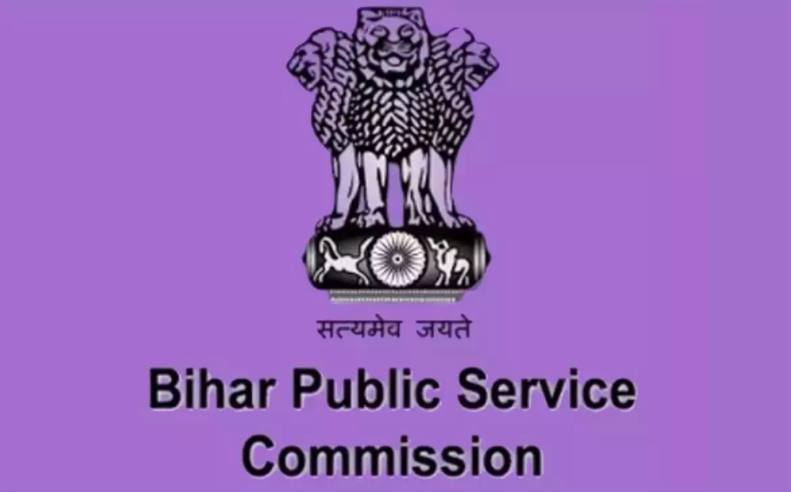BPSC or Bihar Public Service Commission exam is conducted for filling up the vacancies in the state administration. There are three tiers in the combined competitive exam, i.e., Prelims, Mains, and interview, of which the first two are written exams. Candidates need to be thoroughly clear about the basics and concepts to be successful in these stages. Also, good practice is crucial for solving the questions quickly.
In such a scenario, the previous year’s question papers play a major role in helping candidates get accustomed to the exam pattern. We will see more on the type of questions asked in the BPSC question paper in the next section.
Type of questions in BPSC Exam
Its preliminary exam is conducted offline and has an objective pattern with 150 questions having 150 marks. There is no negative marking in case of a wrong answer. Its duration is 120 minutes.
In the main exam, there are four sections, namely, papers 1 and 2 of General Studies, General Hindi, and an optional paper. This is also conducted offline and has subjective questions. Each of the sections has 300 marks except Hindi, which is 100 marks. The Mains exam has a duration of 3 hrs for each section.
Topics to prepare for the objective and subjective questions in the BPSC exam:
To attempt the questions successfully in the BPSC exam, candidates must know which topics to prepare for the preliminary and mains exam as the syllabus is different.
Preliminary exam:
It is just a screening test, and hence the scores won’t be used for making the final merit list. Candidates need to focus on the following topics for the Prelims exam:
i. Indian National Movement and Role of Bihar
ii. History of Bihar and Indian History
iii. Geography of Bihar
iv. Changes in the economy of Bihar post-independence
v. Indian Polity and Economy
vi. Events of national and international importance
vii. Geography
viii. General Science
ix. General Mental Ability
Mains exam:
Topics for each of the four sections for the mains exam:
a. General Hindi:
Candidates can expect secondary level questions of the following types:
Essay of 30 marks
Grammar of 30 marks
Questions related to the syntax of 25 marks
Summary or precis of 15 marks
b. General studies paper one and paper 2:
Paper 1: This has topics from:
Indian Culture
Modern History of India
Statistical Analysis, diagrams, and graphs
Contemporary Events of National and International importance.
Paper-II:
Role and Impact of Science and Technology in the development of India (and Bihar)
Indian (and Bihar) Geography
Indian (and Bihar) Economy
Indian (and Bihar) Polity
Does BPSC Provide Model Question Papers?
The exam pattern and syllabus are released for the BPSC exam, but there is no model question paper. But the best part is that candidates can download the previous year’s question papers from educational websites like BYJU’S Exam Prep.
Once the preparation for the exam is complete, referring to the questions and practicing them help candidates gain confidence by being aware of the type of questions that can be expected. It helps in planning for the exam and preparing strategies to emerge successfully.
Other advantages of knowing the type of questions before appearing on the exam are as follows:
- It helps candidates identify the topics in which they are weak, so special attention to those can help them prepare well for the exams.
- The candidate must prioritize types of questions according to the weightage of the sections. This helps follow a strategic approach to the questions during the exam and results in a better score.
- Candidates will solve questions of varying difficulty levels by practicing the old question papers for BPSC.
Conclusion:
Knowing the questions to expect during the BPSC exam boosts the candidates’ confidence as they don’t find something unexpected. It helps them practice in the best possible way and align their preparation strategies with the exam pattern to increase their scores. Sufficient practice of the mock test papers with BYJU’s Exam Prep will help enhance speed and accuracy, one of the most crucial factors for succeeding.

